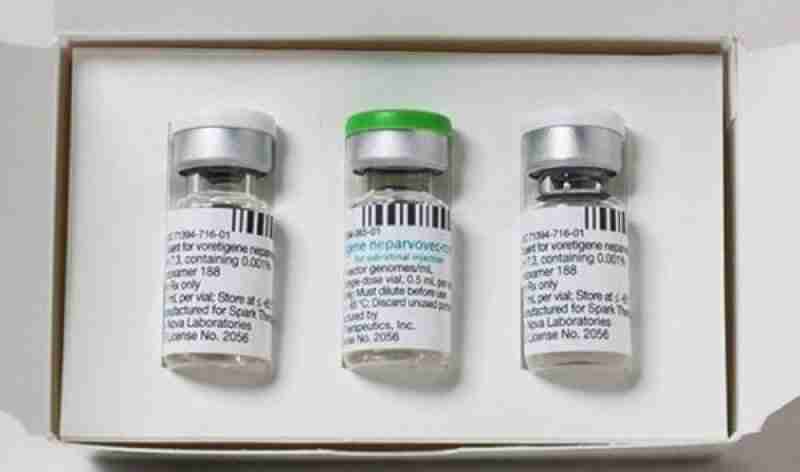At least nine gene therapies have been approved for certain kinds of cancer, some viral infections and a few inherited disorders. A related drug type interferes with faulty genes by using stretches of DNA or RNA to hinder their workings. After nearly half a century, the concept of genetic medicine has become a reality.
These treatments use a harmless virus to carry a good gene into cells, where the virus inserts it into the existing genome, canceling the effects of harmful mutations in another gene.
GENDICINE: China’s regulatory agency approved the world’s first commercially available gene therapy in 2003 to treat head and neck squamous cell carcinoma, a form of skin cancer.
…
KYMRIAH: Developed for patients with B cell lymphoblastic leukemia, a type of cancer that affects white blood cells in children and young adults, Kymriah was approved by the FDA in 2017 and the E.U. in 2018. It works by introducing a new gene into a patient’s own T cells.
…
ZYNTEGLO: Granted approval in the E.U. in May 2019, Zynteglo treats a blood disorder called beta thalassemia that reduces a patient’s ability to produce hemoglobin, the protein in red blood cells that contains iron.
Read full, original post: Gene Therapy Arrives



































